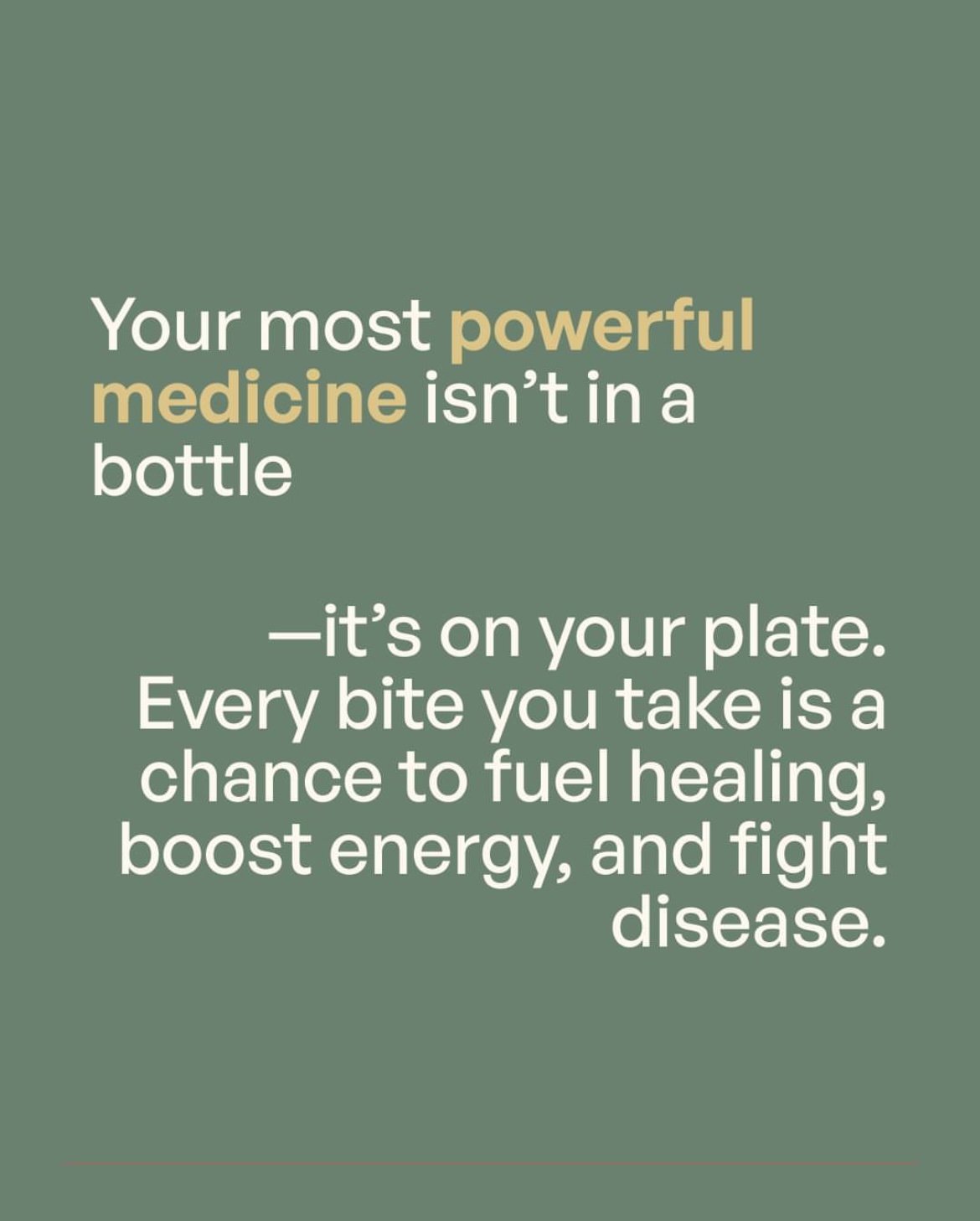
Free Information - Resources - Book Recommendations
Sunlight and Movement During the Winter Season in the PNW
Did you know sunlight and consistent movement throughout the day is essential for our bodies and minds to function correctly?
Sunlight
Sunlight impacts our mood by affecting our neurotransmitters like serotonin.
Sunlight helps regulate cortisol, our body’s primary stress hormone.
Sunlight sets our circadian rhythm and improves sleep quality by increasing melatonin production.
Recommendations: Try to get outside in the morning or as early in the day as you can, even for 10-15 minutes, 20+ minutes on heavily overcast days (sunlight on these days is still there and will still impact your body).
Have your vitamin D3 levels tested, and take a vitamin D3 supplement daily if needed to bring your levels up. Make sure it contains K2 and is taken with food since it's a fat-soluble vitamin, or it will not be absorbed properly.
** This will help with seasonal depression, mood, quality of sleep, and bone density.
- An excellent reference for more information and science on this subject is Dr. Mark Hyman.
Movement
A good baseline for daily movement is 8k-10k steps per day; this is around 4-5 miles.
Our bodies need constant gentle movement, more than a daily, more intense 20-60 minute workout.
Movement helps drain our lymphatic system, which filters out toxins.
Daily walking and walking after meals is a great way to help balance blood sugar.
Daily walking also lowers blood pressure, reduces the risk of heart disease, and greatly improves our metabolic health.
Recommendations: Start trying to get extra steps in as early in the day as possible. Walk outside when you can to increase sunlight and fresh air exposure. Take a 10-minute walk after each meal and try parking farther away while running errands.
** Doing this will help with brain fog, mood, sleep quality, blood sugar, blood pressure, muscle building, metabolic health, and overall heart health.





